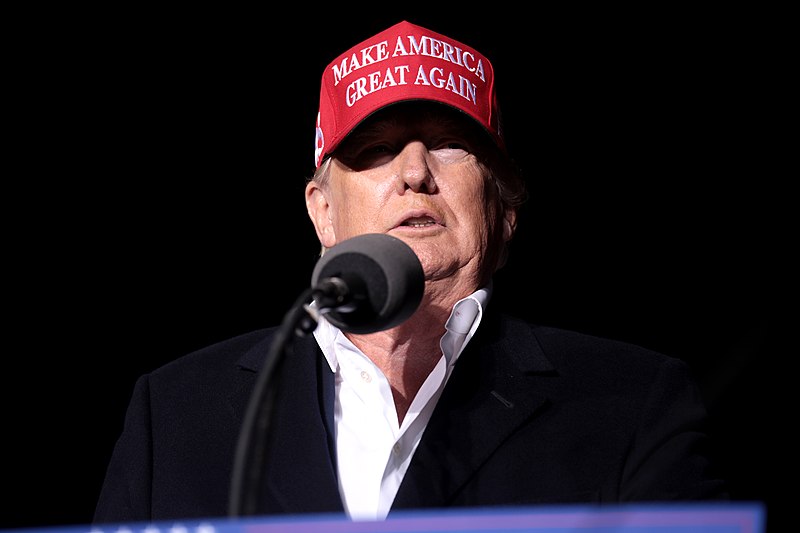Trump, it’s duty time. Yesterday, in what the US president described as “Liberation Day. The day we have a been waiting for for a long time,” the introduction of a minimum 10% surcharge on all imports into the US was announced. Some 60 countries will be hit by much higher tariffs like China (34%), Indonesia (32%), Cambodia (49%), India(26%), Malaysia (24%), Taiwan (32%) and Vietnam (46%).Canada and Mexic0 remain subject to the previously decided 25% tariffs, while the European Union has been hit with an additional 20%.
Trump also announced that 25% duties on cars produced in the East would start from April 2nd at midnight.
The American Liberation Day risks turning into a dark day for the shipping market.
According to Vespucci Maritime CEO Lars Jensen, with these new tariffs, Trump is “essentially launching a tradewar on the entire world. Shippers will be working overtime in the coming days trying to assess the impact on their business.”
Meanwhile, the EU announced further trade countermeasures, declaring itself ready to negotiate with the US to avoid negative repercussions on the global economy. According to Ursula von der Leyen, President Trump’s announcement of universal tariffs on the entire world, including the European Union, is a “blow to the world economy.” Moreover, “The consequences will be dire for millions of people around the globe, ” she added
Even China did not sit back and watch. The Chinese Ministry of Commerce called on Washington to “immediately cancel” the new tariffs, warning that they endanger global economic development. It asked the US to negotiate: “There are no winners in trade wars, and there is no way out for protectionism.”
Experts expect inflation to rise, and higher prices in the transport sector.
Philip Damas, head of Drewry’s Supply Chain Advisors division said that The Trump-era 1.0 tariffs against China were lower than those just announced by the US president, yet they alone were enough to freeze traffic flows between China and the US.
He added that since 2018, containerized cargo volumes shipped from the Asian country to the US had not increased. During the same period, Vietnam, which was exempt from paying duties, had benefited from a 45% increase in shipments to the US.
According to Mr. Damas, the shipping market has proven to be extremely sensitive to US trade pressures in the past. Referring to a recently published study, the analyst argues that there is an inversely proportional correlation between US levies and trade trends, so that a one percentage point increase in the former is matched by an equal percentage point decrease in traffic flows.
The situation could get worse today, with the new tariffs being applied to a large number of countries.
Damas points out that the Asian countries least affected by Trump’s axe are the Philippines, which has been hit with 17% duties on exports to the US, Malaysia (with 24% taxes) and South Korea, with 25% extra tariffs.
According to Drewry’s expert, the first two nations mentioned above could justifiably place themselves in the top ranks as nearshore locations in the Asian region in the medium term, especially if tariffs were to become permanent. Danas points out that these counties, together with Vietnam, Indonesia and Thailand, were already positioning themselves to attract more investment in electronics and the automotive industry.
In his opinion the United States’ radical trade policies will certainly have a number of negative repercussions for many national economies, but some of them may gain a competitive advantage due to foreseeable changes in traffic routes.
The shipping industry will therefore have to brace itself to face new uncertainties, in addition to its current difficulties in managing crisis scenarios which have arisen over the years. There is also the worrying possible introduction of new port charges against Chinese shipping companies by the US, of Chinese-built ships and any maritime operator that has even a single Chinese-built ship in its fleet or even one newbuilding on order from a Chinese shipyard.
Damas believes that Trump 2.0 tariffs will reshape international trade and shipping companies will have to rethink their strategies and business models, to adapt to the new scenarios.
Translation by Giles Foster




